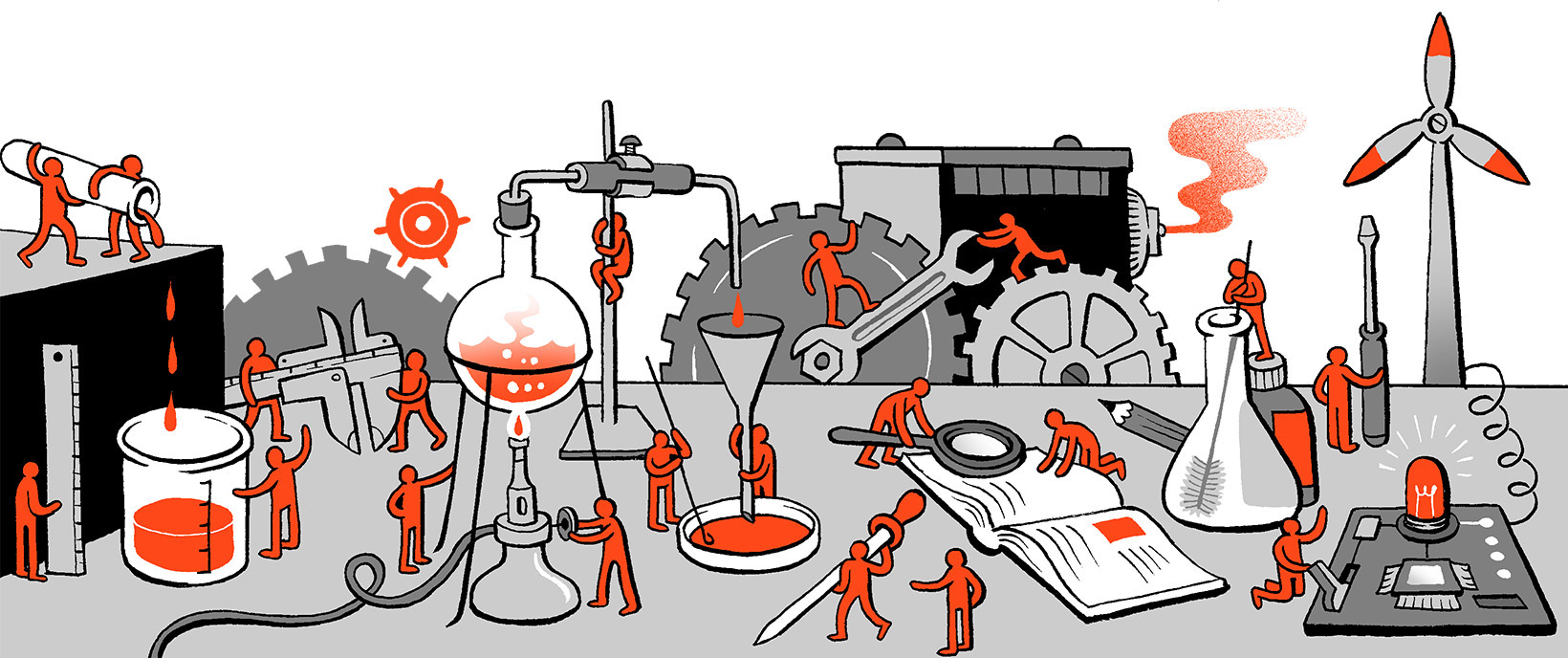Science cannot be divorced from philosophy, from politics. We must choose what science to do. We must choose how science is organized. The choices we make have real consequences for real people. Abstaining from this process and allowing the profit motive to determine what science is done and how science is translated into tangible technology is a tragic mistake. While the benefits of capitalized science do trickle down to different sectors of society, a quick glance at science funding in the US makes clear that as currently organized, the scientific enterprise disproportionally benefits the military-industrial complex and big Pharma/biotech corporations.
We must also recognize that politics are inherent to the scientific workplace. Scientists are workers too, and like many other workers, scientists, especially early in their careers, are exploited and often work low-paying jobs well into their careers. Moreover, the scientific workforce reflects the greater divides in society; marginalized members of society do not have equal opportunity to participate in science.
Thus, structural problems common to many sectors of society affect science, and are the ultimate limitation to the emancipatory potential of science. To overcome these challenges, the first step that scientists must take is to recognize that change will only come about through active political struggle.

